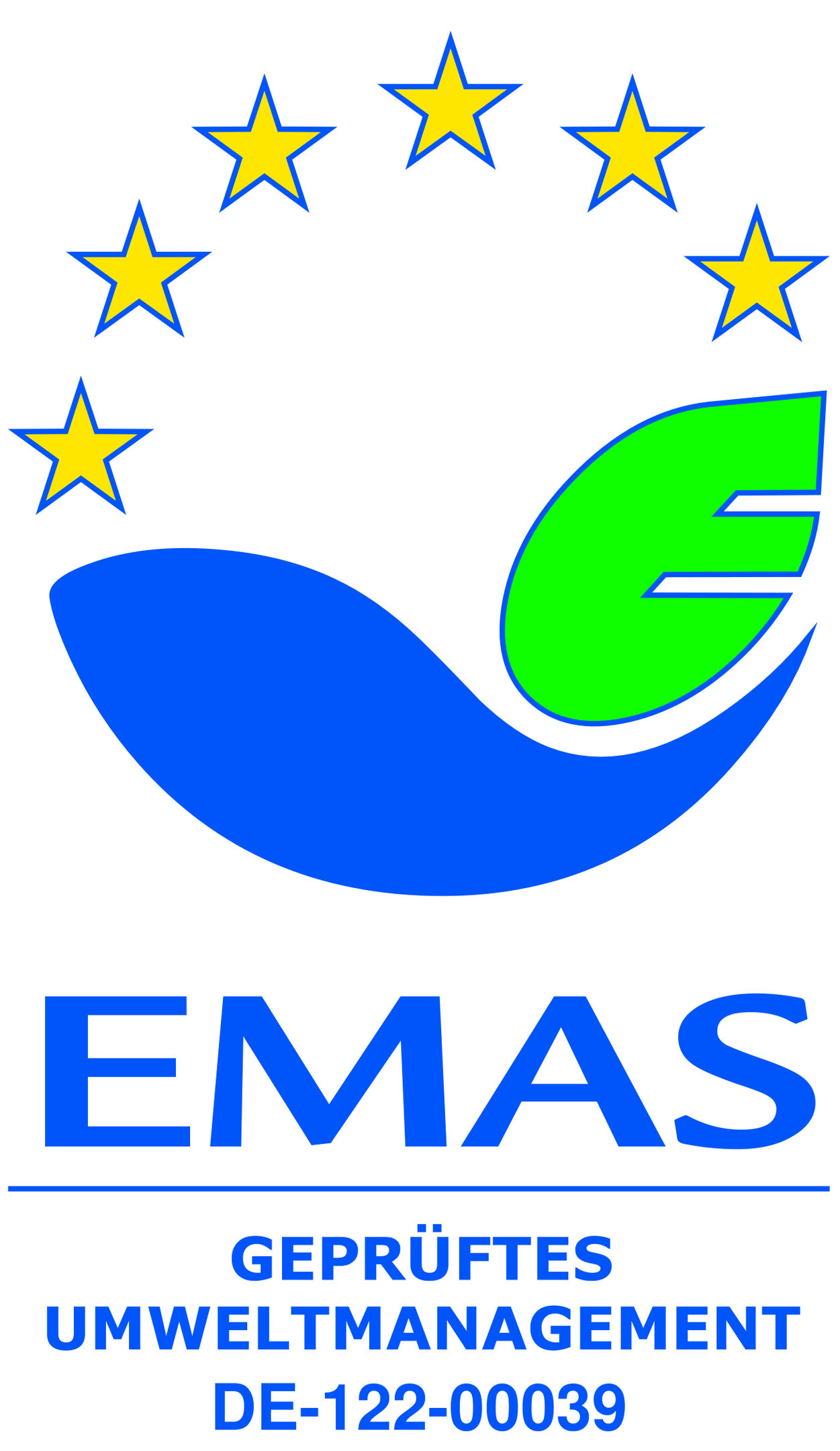Sustainability Statement

The drastic global impacts of climate change demand decisive action – at the individual level as well as on social, political, and institutional fronts. The 1.5-degree goal of the Paris Agreement, as well as the 17 Sustainable Development Goals of the United Nations, have formulated internationally binding intentions on a political level. For PACT, the responsibility for sustainable, collective, and diverse shaping of communal visions for the future also arises from the historical legacy of the mining industry and its effects on our environment and society.
This includes institutional responsibility for ecological action, which is intertwined with our own founding history: In addition to the economic and ecological transformation and renaturation of the Emscher region in the northern Ruhr area, the groundwork for the conversion of industrial monuments into cultural assets was laid within the framework of the IBA Emscher Park (1989-1999).
PACT is committed both institutionally and programmatically to continuing the ecological and sustainable principles for fostering new forms of social and cultural participation that were initiated through this milestone project.
As a place of gathering and exchange, PACT actively collaborates with the WerkStadt, its satellite local community hub, in engaging in processes of cultural, societal, and ecological transformation and participation. In this endeavor, PACT sees its mission as nurturing the significant development of innovative models for an increasingly complex present and a future designed with sustainability in mind.
Sustainability
PACT Zollverein is committed to conserving resources and reducing CO2 emissions across all areas. Programmatically, PACT has long maintained a steadfast focus on addressing ecological and sustainable issues and amplifying their visibility to diverse audiences through performances, discourse formats, and workshops.
Through the renovation of our building with the assistance of the federal cultural funding program ›Investments in nationally significant cultural institutions in Germany‹, as well as resource-saving production methods, we strive for continuous improvement. Since 2020, our internal Sustainability Working Group has been actively involved in developing and implementing shared sustainability goals. Moreover, transparency and clarity are paramount to us as we strive to ensure that our programs, initiatives, and adaptations are readily understandable for artists, colleagues, external partners, and guests alike. We warmly invite everyone to actively support these endeavors and to contribute ideas, suggestions, and constructive criticism as we progress.
Travel Policy
The seven international production houses united in the Alliance are all places of international cooperation, where artists from many parts of the world come together and connect with audiences. We consider it a societal imperative and responsibility to ensure that the sustainable structuring of these institutions is inclusive of all individuals, regardless of their background, gender, sexual orientation, nationality, disabilities, religion, culture, residency status, age, class, appearance, or any other affiliations or characteristics.
The nature of work undertaken by production houses necessitates frequent travel. With the introduction of a common travel policy, we and the other members of the Alliance of International Production Houses are taking another step towards environmentally sustainable production and presentation of the arts.
We are committed to empowering our employees, partners, and all production teams—whether artistic, technical, or administrative—to consistently contribute to a culture of conserving resources.
The travel policy came into effect at the beginning of 2024 and can be read in full here.
Sustainability certificate
The foundation of all our actions is our commitment to continuously improving our environmental performance, minimizing environmental impact, protecting the environment and complying with all of our company's binding obligations.
Through the EMAS certification, we are committed to a holistic and transparent environmental management system. The entire team is working to reduce emissions, use energy and resources sparingly and to develop exemplary and activating programs.
PACT has set out in its own environmental handbook, what this can look like in concrete terms in the day-to-day running of a cultural institution - including the program and printed matter, business trips, insulation, heating and cooling, stage lighting and biodiversity around the building.
